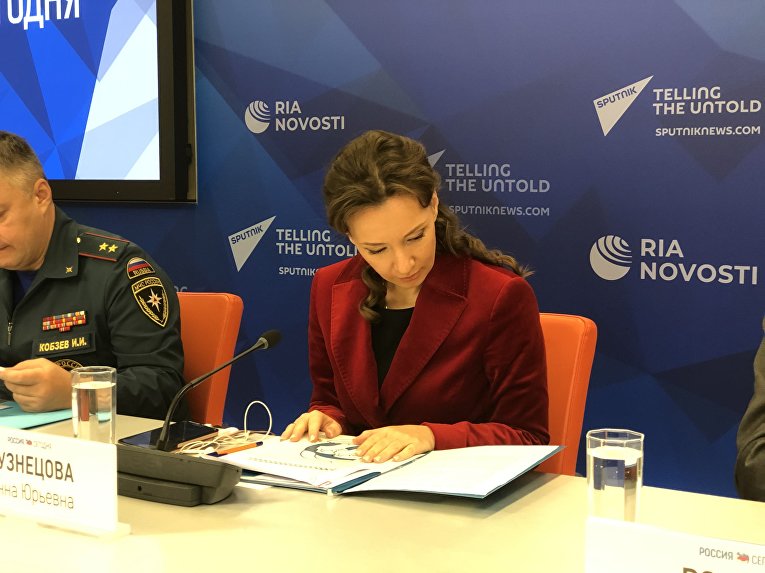MOSCOW, January 22 (RAPSI) – The number of crimes committed by or in complicity with underage persons has decreased by 27% over five years, Russia’s child rights commissioner Anna Kuznetsova states on Wednesday citing Interior Ministry statistics.
Nevertheless, the children’s ombudsmen has noted, a rise in crime among orphans and minors without parental support sparks serious concern.
In three years the number of orphans aged 18 to 23, who had been sentenced to prison terms, has increased by 19.1%, whereas in the same age group the number of those under non-custodial sanctions has grown by 52.1%, according to Kuznetsova’s address to an All-Russian panel conference on ways to settle criminological problems in behavior of minors and young people.
There are several factors at work, Kuznetsova believes, that influence juvenile crime, among them mentoring, education, and idleness. According to the children’s ombudsman, although families bear larger responsibility for minors’ behavior, there are also observed serious problems in personal development of underage persons in the system of educational establishments, whereas idle minors run greater risks to die in incidents, become members of various destructive groups, or commit crimes.
Yet another factor affecting juvenile crime, Kuznetsova has observed, is the availability of destructive content in information flows. In her view, until this day attempts to find out if children are members of banned communities have not been successful; at the same time, there are no mechanisms in place to engage with such minors, who therefore retain their negative attitudes. More massive positive content suitable for children may be a solution, the ombudsman suggests.



